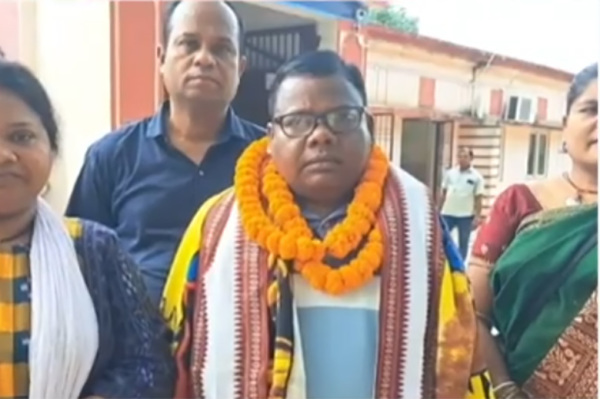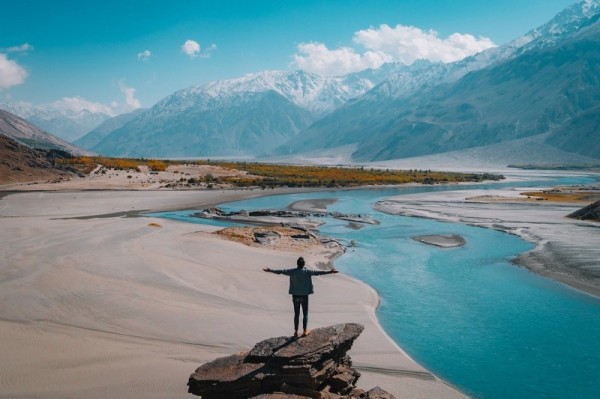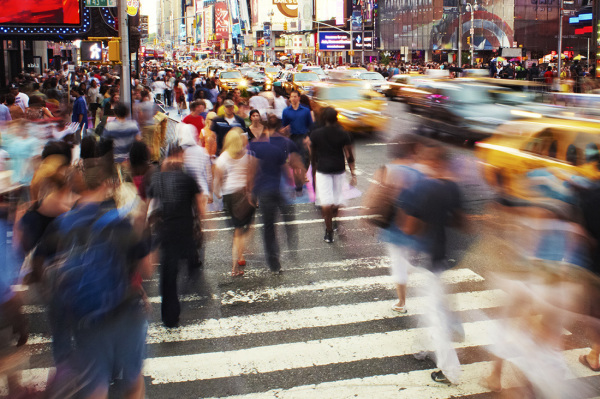Supreme Court denies Colorado churches' request for relief from COVID-19 worship restrictions

The United States Supreme Court has rejected a request for emergency relief from two churches that are challenging Colorado's restrictions on worship in response to COVID-19.
Denver Bible Church in Wheat Ridge and Community Baptist Church in Brighton filed the request in response to several worship restrictions implemented by Colorado Gov. Jared Polis.
Supreme Court Justice Neil Gorsuch rejected the request without comment on Tuesday, with the justice also not referring the case to the full court for consideration.
“The denial follows a series of other recent rulings on the court’s shadow docket in which the court has granted emergency relief to religious groups seeking exemptions from state limits on in-person gatherings,” according to SCOTUSblog.
“Among those rulings was an April decision in Tandon v. Newsom, in which the court ruled 5-4 that group prayer meetings were entitled to an exemption from California’s policy limiting gatherings in homes during the pandemic.”
Last year, the churches sued Colorado over public health orders that they argued, among other things, gave houses of worship fewer exemptions than various secular entities.
U.S. District Judge Daniel Domenico ruled in favor of the churches last October, granting them a preliminary injunction against the public health orders.
“The Constitution does not allow a state to tell a congregation how large it can be when comparable secular gatherings are not so limited, or to tell a congregation that its reason for wishing to remove facial coverings is less important than a restaurant’s or spa’s,” wrote Domenico.
“With each exception Colorado makes for secular institutions, the failure to make the same exemption for houses of worship becomes increasingly problematic.”
However, a two-judge panel of the U.S. Court of Appeals for the 10th Circuit issued a brief order overturning the injunctive relief.
“Plaintiffs have failed to demonstrate a likelihood of success on the merits of their claim that the Colorado Disaster Emergency Act … violates the First Amendment of the United States Constitution, either as applied to plaintiffs or on its face. Plaintiffs’ motion is therefore denied,” stated the order.
Over the course of the litigation by Denver Bible and Community Baptist against Colorado, the restrictions on in-person worship in the state have been gradually loosened.
According to Colorado’s official COVID-19 response website, last updated on May 2, noted that worship services, as well as weddings and funerals, were deemed “critical,” meaning they “can ... make exceptions” to state public health guidelines “if they cannot conduct their essential activity within those restrictions.”
“It is still strongly recommended that places of worship in counties with high rates of COVID-19 transmission substitute in-person service with online programming and prioritize outdoor activities over indoor,” they added.
“As with all essential establishments, places of worship must comply with required guidelines … unless doing so would make it impossible to carry out essential activities.”






















